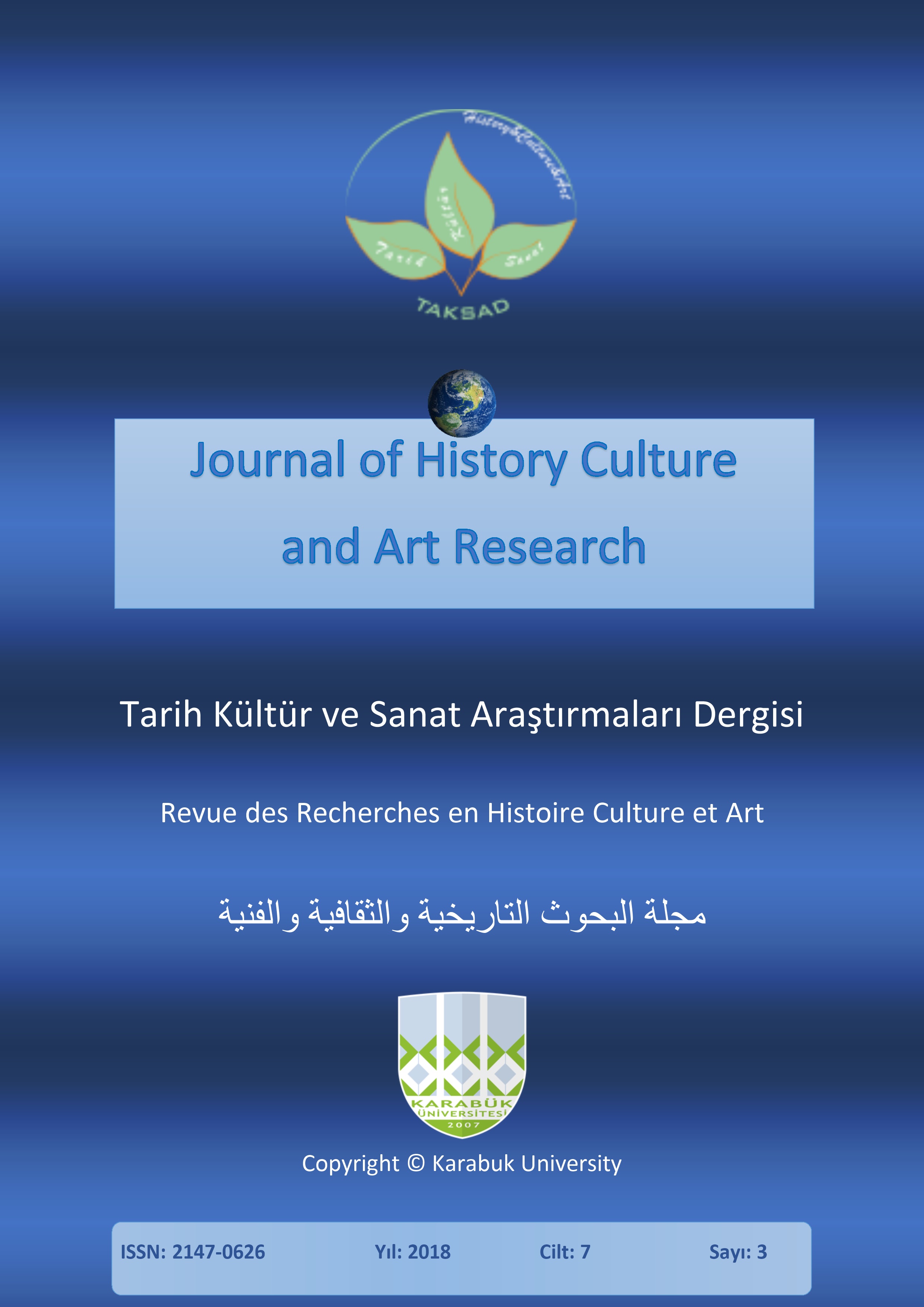Principles of Translation of Yakut Epic Texts into Russian (on the Material of Olonkho "Ala Bulkun" by T. V. Zakharov-Cheebiy)
DOI:
https://doi.org/10.7596/taksad.v7i3.1733Keywords:
Olonkho, Translation, Translation principles, Structure, Preservation, Content, Stylistic form.Abstract
When translating such peculiar genre of Yakut folklore as olonkho into other languages, an issue of preserving the style of the Yakut heroic epic acquires special significance. Currently, there are about a dozen published translations of the epic olonkho in Russian, but the theoretical basis for translating epic texts has not been sufficiently studied, their principles and requirements have not been determined, and this determines the relevance of this study. The purpose of the study is to develop and define the principles of translating epic texts into Russian using the material of the translation of olonkho "Ala Bulkun" by Zakharov-Cheebiy.
Currently, a large number of works on the study of the language and style of olonkho have been published, but the study of the problems of translation is at the initial stage. The issues of olonkho translation are considered in the works of P.A. Sleptsov, T.I. Petrova, A.A. Nakhodkina, A.A. Vasilyeva, I.V. Sobakina, N.S. Sivtseva, Z.V. Tarasova and others, and studied in the scientific work of students.
In developing the proposed study, the following methods were applied: continuous sampling method, descriptive method, structural method, comparative method.
In our opinion, the translation of the monumental poetic creation of the people must guarantee the "recognizability" of the original, i.e. characteristic features of the poetics of Turkic versification, primarily its intonational-rhythmic organization. Upon results of the study, the principles of preserving the number of lines and the order of their content, the number of syllables in a line, alliterating words, the structure of syntactic parallelism, the position of a predicate, auxiliary verbs and modal particles "ukһu", "ebit", the displacement of the agreed adjective to the postposition next to a noun have been proposed to preserve the specific form and full content of the epic text olonkho.
References
Arkhipova, E. A. (2018). Features of the verse olonkho "Ala Bulkun" by Т.V. Zakharov-Cheebiy. Vestnik of Notrh-Eastern Federal university: Series Epic studies, 1(9), 90-99, doi: 10.25587/SVFU.2018.9.11686
Baishev-Altan Saryn, G. V. (1998). Song of the Nine Heavens. Selection. Yakutsk: National Publishing Company "Bichik".
Ergis, G. U. (2008). Essays on the Yakut Folklore. Yakutsk: Bichik.
Illarionov, V. V. (1994). Cheebiy is a famous olonkhosut. T.V. Zakharov-Cheebiy. Ala-Bulkun: Yakut Olonkho. Pp. 89-93.
Korkina, E. I.; E. I. Ubryatova; L. N. Kharitonov; N. E. Petrov; N. D. Dyachkovsky; S. A. Ivanov & P. A. Sleptsov, et al. (1982). Grammar of the modern Yakut literary language. Vol. 1. Phonetics and morphology. Novosibirsk: Nauka.
Petrova, T. I. (2010). Typology of translation of the Yakut epic olonkho into Russian. Yakutsk: IPK SVFU.
Ubryatova, E. I.; N. E. Petrov; N. N. Neustroev; I. E. Alekseev; N. N. Efremov & Yu.I. Vasiliev, et al. (1995). Grammar of the modern Yakut literary language. Vol. 2. Syntax. Novosibirsk: Nauka. Siberian Publishing Company of RAS.
Vasiliev, G. M. (1965). Yakutian versification. Yakutsk: Yakutsk Book Publisher.
Zakharov-Cheebiy, T. V (1994). Ala-Bulkun: Yakut Olonkho. Yakutsk: Sakhapoligrafizdat.
Zakharov-Cheebiy, T. V. (2018). Ala-Bulkun. Manuscript of the translation in Russian.
Zhirmunsky, V. M. (1962). People's Heroic Epic. Leningrad: Goslitizdat.
Downloads
Published
How to Cite
Issue
Section
License
All papers licensed under Creative Commons 4.0 CC-BY.- Share — copy and redistribute the material in any medium or format
- Adapt — remix, transform, and build upon the material for any purpose, even commercially.
Under the following terms:
Attribution — You must give appropriate credit, provide a link to the license, and indicate if changes were made. You may do so in any reasonable manner, but not in any way that suggests the licensor endorses you or your use.
- No additional restrictions — You may not apply legal terms or technological measures that legally restrict others from doing anything the license permits.







